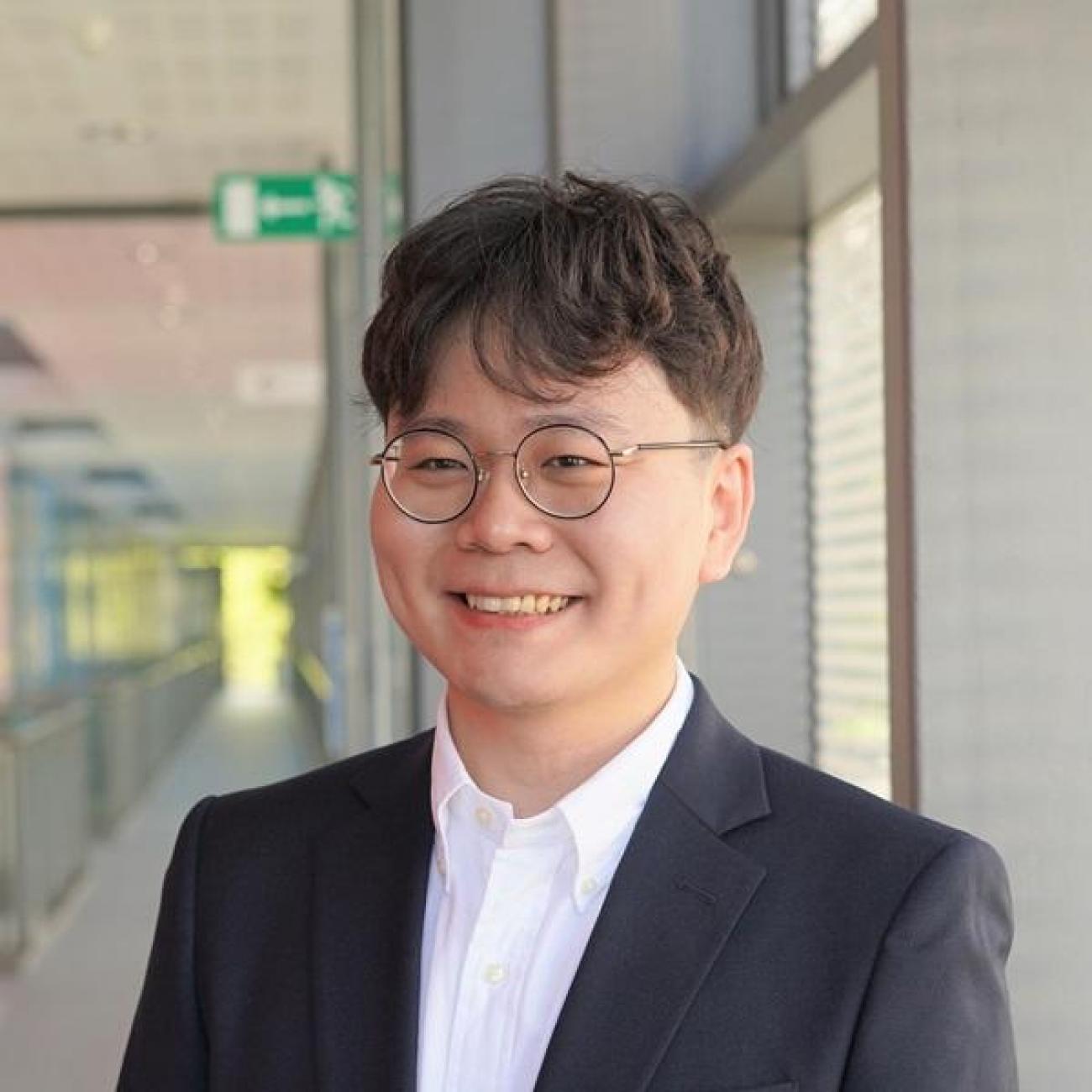About
Dr Wonyong Park is a Lecturer in Science Education within the Southampton Education School at the University of Southampton.
He is interested in exploring the role of science and STEM education in building disaster-resilient society in times of various local and global crises. He is committed to interdisciplinary approaches between science and other subjects such as history, citizenship and RE.
His work has been published in leading education journals including International Journal of Science Education, Science & Education, Asia Pacific Education Review, Research in Science Education, Cultural Studies of Science Education, Journal of Curriculum Studies and Educational Philosophy and Theory. Wonyong serves as a reviewer for journals such as Science Education, Science & Education, Journal of Research in Science Teaching, Oxford Review of Education, Journal of Curriculum Studies, Cultural Studies of Science Education, Asia-Pacific Science Education, The Asia-Pacific Education Researcher, European Journal of Education and Education Sciences.
Wonyong enjoys sharing his work with diverse audiences. Alongside regular appearance at academic conferences, he has been invited as a guest speaker at University of Southampton, University of Birmingham, King's College London, UCL Institute of Education (UK), Korea National University of Education, Ewha Womans University, Seoul National University, Kongju National University, Korea Advanced Institutes of Science and Technology (Korea), CERN Physics Education Group (Switzerland), University of Groningen (Netherlands), Hiroshima University (Japan), and the University at Buffalo (USA).
Wonyong currently serves as ESERA Strand 6 (Interdisciplinarity and Education) Co-Chair, and Member of the Faculty of Social Sciences Research Ethics Committee at Southampton. He has served as Guest Editor of International Journal of Science Education and Science & Education, as Editorial Board Member of Journal of Research in Science Teaching and Journal of Science Teacher Education, and Associate Editor of Research in Science Education.
Since 2022, Wonyong has worked as a PI on four research projects: a study on the role of science education in tackling disasters (funded by the ESRC), a review of STEM policies in Southeast European and Mediterranean nations (comissioned by UNESCO), a collaborative curriculum development between science and history teachers in Southampton to teach the Titanic disaster (funded by Faculty of Social Sciences), and a community-based participatory research project with the Grenfell Tower fire community (funded by Research England).
In 2023, he started a collaborative research project with the University at Buffalo, USA, on Co-developing a community-based science education curriculum framework for disaster justice and resilience: A response to the 2022 Buffalo Blizzard (Co-PI, funded by the National Science Foundation).
You can update this in Pure (opens in a new tab). Select ‘Edit profile’. Under the heading and then ‘Curriculum and research description’, select ‘Add profile information’. In the dropdown menu, select - ‘About’.
Write about yourself in the third person. Aim for 100 to 150 words covering the main points about who you are and what you currently do. Clear, simple language is best. You can include specialist or technical terms.
You’ll be able to add details about your research, publications, career and academic history to other sections of your staff profile.
